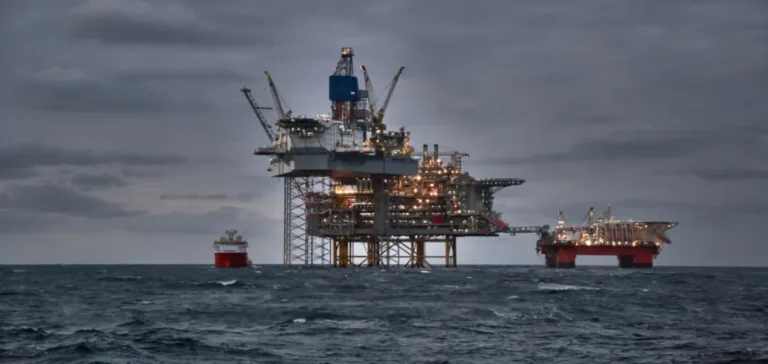The United Kingdom significantly underestimates its remaining oil and natural gas reserves, according to Offshore Energies UK (OEUK), citing an independent study from Westwood Global Energy Group. The organization estimates these reserves at 7.5 billion barrels of oil equivalent, compared to an official government estimate of 3.75 billion barrels. This discrepancy reportedly arises from fiscal and environmental policies implemented in recent years. According to OEUK, this underestimation could significantly affect the country’s energy strategy and future tax revenues, potentially bringing in an additional GBP 165 billion.
Direct impact of fiscal policies
Taxation, particularly through the Energy Profits Levy introduced in 2022 and scheduled to remain in place until 2030, is highlighted by the industry as a significant obstacle to investment. This tax, implemented in response to rising profits from energy companies, has notably slowed new offshore project developments, directly affecting future production forecasts. Westwood Global notes a more pessimistic estimate in its low-case scenario of 2.6 billion barrels remaining, driven exclusively by policy decisions rather than geological limitations. OEUK advocates for swift reform of the fiscal framework to restore the competitiveness of the British sector compared to its European neighbors.
Structurally declining production
Data indicates that UK oil production declined by 11% annually in 2023 and 2024, averaging 564,000 barrels per day last year. Deteriorating existing infrastructure, political uncertainty, and technical challenges associated with extracting residual reserves, particularly heavy oil, are hampering investment. Declining offshore production, coupled with a political approach increasingly less focused on maximizing economic recovery, is profoundly changing the UK’s energy landscape. However, some planned projects involve connecting satellite fields to existing platforms or directly integrating difficult fields with offshore wind farms.
Economic challenges and fiscal outlook
OEUK points out that even within the UK’s net-zero targets for 2050, the country will still require between 13 and 15 billion barrels of hydrocarbons. Exploiting these unutilized reserves, combined with adjusted fiscal policies, could bring additional billions to the UK treasury. According to OEUK, this estimation also incorporates early technological developments in carbon capture and storage (CCS), currently in the initial implementation phase. The British regulator North Sea Transition Authority, responsible for overseeing offshore operations, declined to comment on the figures presented by OEUK and Westwood Global Energy Group, underscoring the sensitivity of ongoing discussions.






















